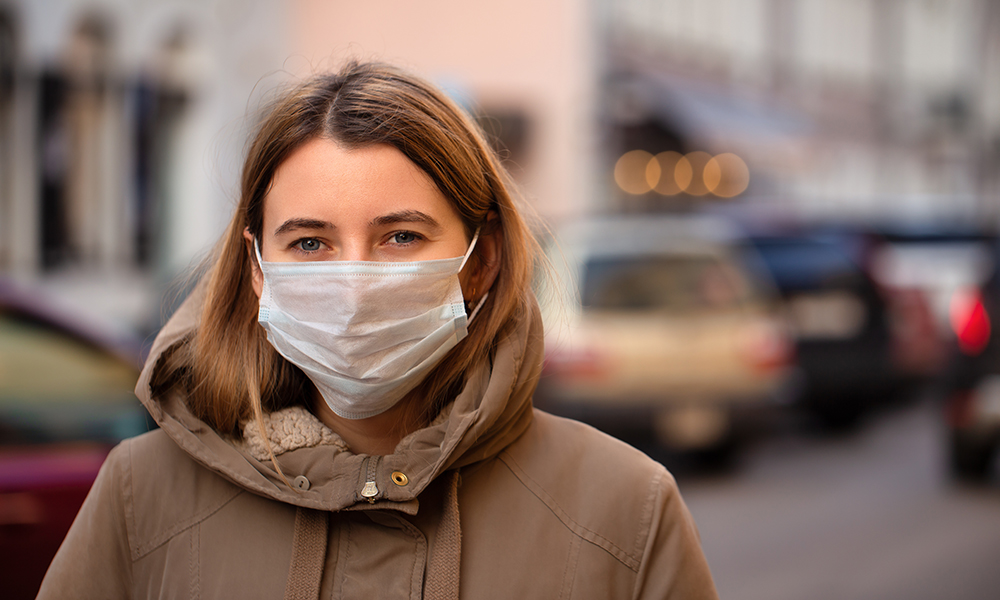This question has been coming up daily in our social feeds: To mask or not to mask? Many show support for the mask, recognizing it as a way to protect themselves and others from COVID-19. Others think of it as a limitation of their freedom. What is potentially the most fascinating thing about this mask debate is that it has happened before. During the influenza pandemic of 1918 and 1919, we were facing the exact same political predicament. Many saw wearing masks as a limitation of their freedom as the government closed bars, restaurants, and theaters. Health care professionals urged Americans to wear masks. And just like today, those against the masks of 1918 complained that they were uncomfortable. During this time, fines were put in place, and those who wouldn’t wear a mask would face $5 fines (roughly $85 today) or a small amount of jail time. So, this mask debate already plagued the US masses over a century ago.
What does this mean? Well, this seems like a clear example of history repeating itself. Remember when your teachers told you that those who failed history would be doomed to repeat it? It’s surreal to think that we learned nothing the first time we went through this and today our society is fighting the same fight it did one hundred years ago.
So, should you wear a mask? Medical professionals across the board say yes, including our Doctors on Liens doctors! The CDC informs us that COVID-19 has been proven to spread via respiratory droplets, amongst other ways. Respiratory droplets spread when someone coughs, sneezes, talks, or raises their voice when not wearing a mask. By putting a mask on, one provides source control: a cloth barrier that reduces the spray of these respiratory droplets from spreading in the air. So, it would seem that wearing a mask is the least one can do to help stop the spread of COVID. Since medical and scientific experts (and all of our doctors at Doctors on Liens) lean on the side of mask wearing, we strongly encourage you to follow their advice and wear a mask whenever possible.





